Polls largely ‘free and fair’
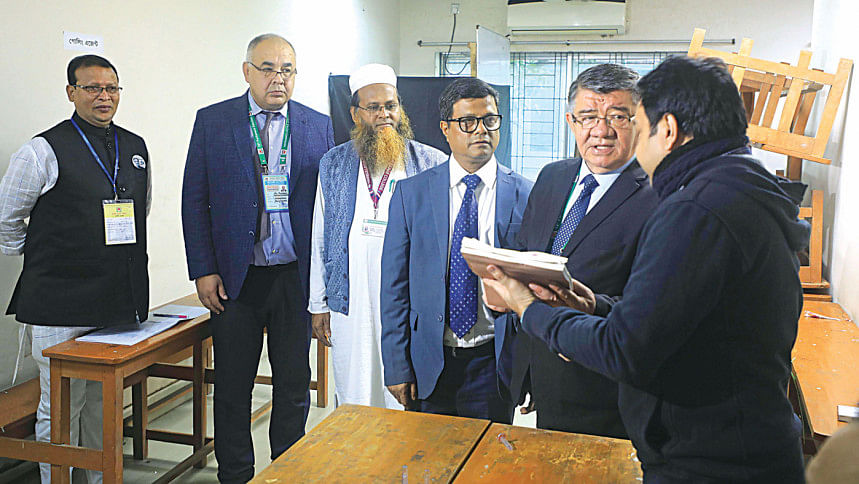
A section of the foreign observers yesterday said the polls were by and large held in a free and fair manner, but lamented the boycott of the major opposition BNP and the incidents of electoral violence.
Observers from India, China, Russia, Japan, Nigeria, Gambia, Lebanon, Jordan, Palestine, Mauritius, Sri Lanka, the Organisation for Islamic Cooperation, the Arab Parliament and the African Electoral Alliance particularly lauded the election process and arrangements for voting in some 44,000 polling stations for 120 million voters.
They came to Bangladesh to observe the polls at the invitation of the Election Commission. The foreign ministry provided logistical support for them to visit the polling centres in and outside the capital.
The EU's four-member Election Expert Mission, the five-member joint technical assessment team of the International Republic Institute and National Democratic Institute, and the Commonwealth's election observers are yet to issue any statement.
"We wish to recognise and commend the excellent work of the Bangladesh Election Commission in marshalling all the institutions of the state and delivering a free, fair and successful election," said Canadian MP Chandra Arya.
He said he did not find any voter being prevented from voting, and that the election procedures were quite efficient.
Asked how he assesses the BNP's boycott and the low voter-turnout, Arya said, "Boycott is a tactical or strategic decision by a political party", adding that he could not comment on it.
About voter turnout, he referred to the 43 percent turnout of voters in a provincial election in Canada two years ago and said there was no complaint in this regard.
Bangladesh has the shortest voting hour in the world, said Jim Bates, co-founder and executive director of the United States-Bangladesh Friendship Group.
"Therefore, the question of voter turnout is out of context. Most countries in the world vote for more hours. In some US states, voting takes place for a month."
He said, "The voting here was free, fair and peaceful," adding, that journalists in his country are not as investigative and honest as those of the Bangladeshi media.
"The media here reports the reality."
The electoral process is very impressive, said Paulo Casaca, executive director of the South Asian Democratic Forum.
"The women and lesser educated people voted in good numbers, which was great to see."
Participation by the opposition party in the polls would have made the elections more festive, he said, adding, he was saddened by the violence that claimed several lives in the electoral violence.
Paulo said it was also upsetting that there was no consensus among the political parties as that would have ensured full participation.
Alexander Gray of the American Global Strategies said he observed a free, fair and efficiently-handled election. "The voters too voted with excitement."
Andrei Shutov, member of Russia's Central election Commission, said he was impressed by the transparent and open voting process and the efficient handling of voting by the Election Commission officials. The security too, he added, was well ensured.
He said Bangladesh has a long tradition of democracy and elections, which is further developing.
In response to a question, Shutov said the world is transitioning from unipolarity towards multipolarity.
"However, some countries that don't like it are fighting for their hegemony. Independent countries like Bangladesh should do everything for their national objectives, instead of being influenced by others."
OIC Head of Election Unit Shakir Mohammad Bandar said they found the election being held peacefully with a good number of young voters at the polling centers.
"Also, security situation was satisfactory without interference of any political party."

 For all latest news, follow The Daily Star's Google News channel.
For all latest news, follow The Daily Star's Google News channel. 

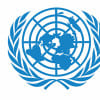
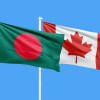
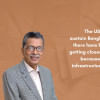
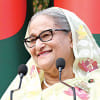
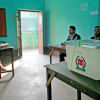


Comments